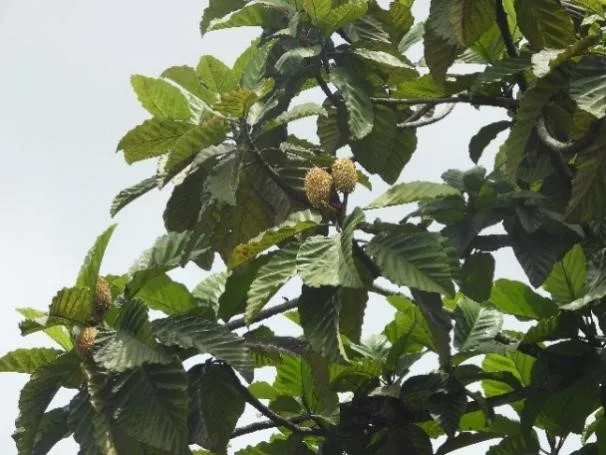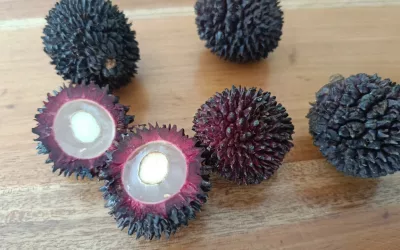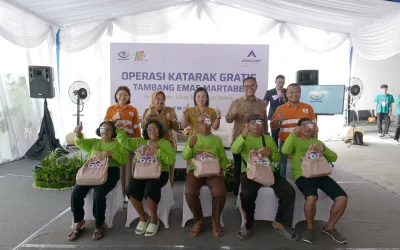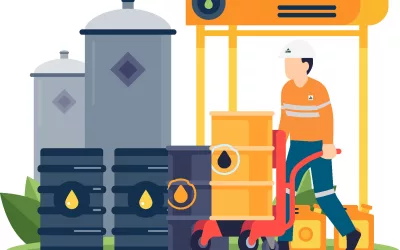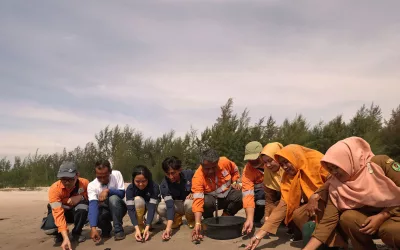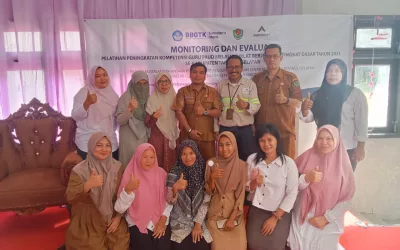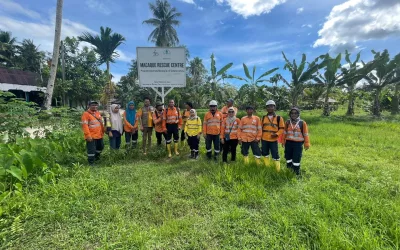Have you ever heard of torop? For some, this name might sound unfamiliar. However, for the tropical rainforest ecosystem, especially in Sumatra, torop, also known as Artocarpus elasticus, plays a crucial role. More than just an ordinary tree, torop is a source of life for one of Indonesia’s rare primates, the Tapanuli orangutan (Pongo tapanuliensis).
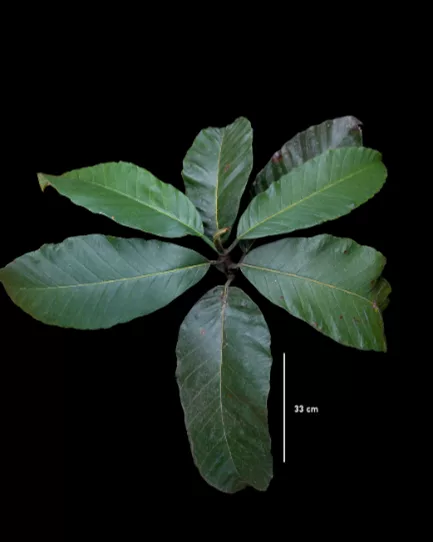
Torop is a towering tree, capable of reaching 45 meters with a trunk diameter of up to 90 centimeters. Its distinctive features include prominent buttress roots up to 3 meters high and abundant sap on its trunk. The bark is brownish-gray, with a surface that ranges from smooth to slightly scaly. This plant thrives in various forest types, from mixed dipterocarp forests to kerangas and sub-montane forests at altitudes of up to 1,500 meters above sea level. You can find torop in alluvial sites, hillsides, and mountains with sandy to clay soils. Its distribution is very wide, covering Burma, Thailand, the Malay Peninsula, Sumatra, Java, the Lesser Sunda Islands, Borneo, the Philippines, as well as Sulawesi and Maluku.
As part of the Moraceae family—which shares a genus with jackfruit and breadfruit—torop has its own unique characteristics, especially its fruit. Torop fruit is one of the favorite foods for Tapanuli orangutans. Researchers and observers often witness orangutans eagerly enjoying this fruit, demonstrating how important torop is in supporting their survival in the wild. Fortunately, according to the International Union for Conservation of Nature (IUCN) Red List, the conservation status of torop is currently Least Concern (LC), meaning its wild population is still quite stable.
Nevertheless, conservation efforts remain a priority. Agincourt Resources actively participates in preserving torop. This includes various efforts to enrich torop species in natural forests, such as through propagation in nurseries by transplanting seedlings and sowing seeds from torop fruit. This step is part of their commitment to ensuring the continued availability of food for Tapanuli orangutans in the wild.
Understanding the important role of torop not only expands our knowledge about Indonesia’s biodiversity but also reminds us of our responsibility to maintain ecosystem balance.
If you are interested in learning more about the initiatives and contributions of PT. Agincourt Resources, including their gold mining and processing activities, you can click here.

